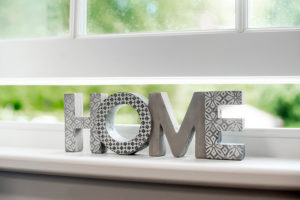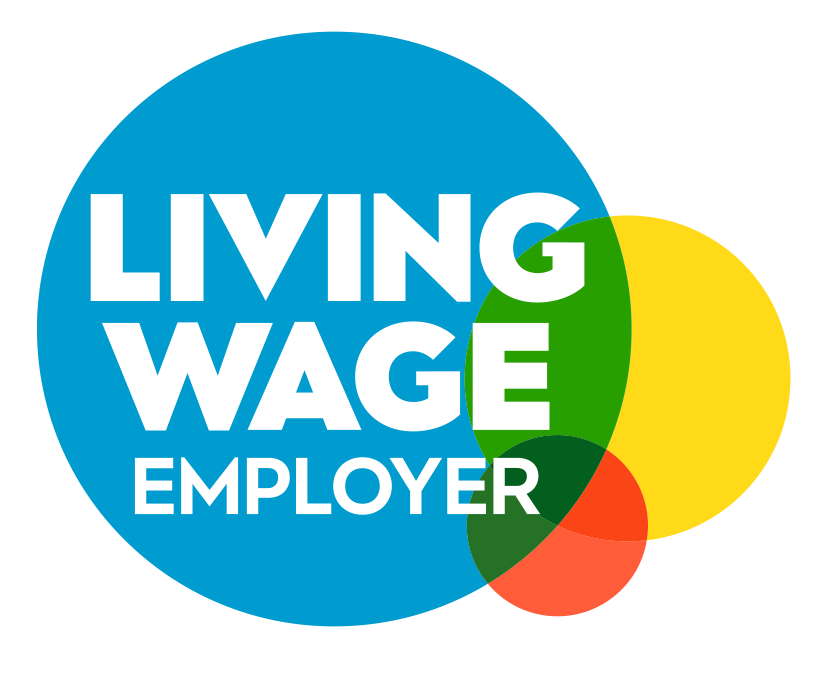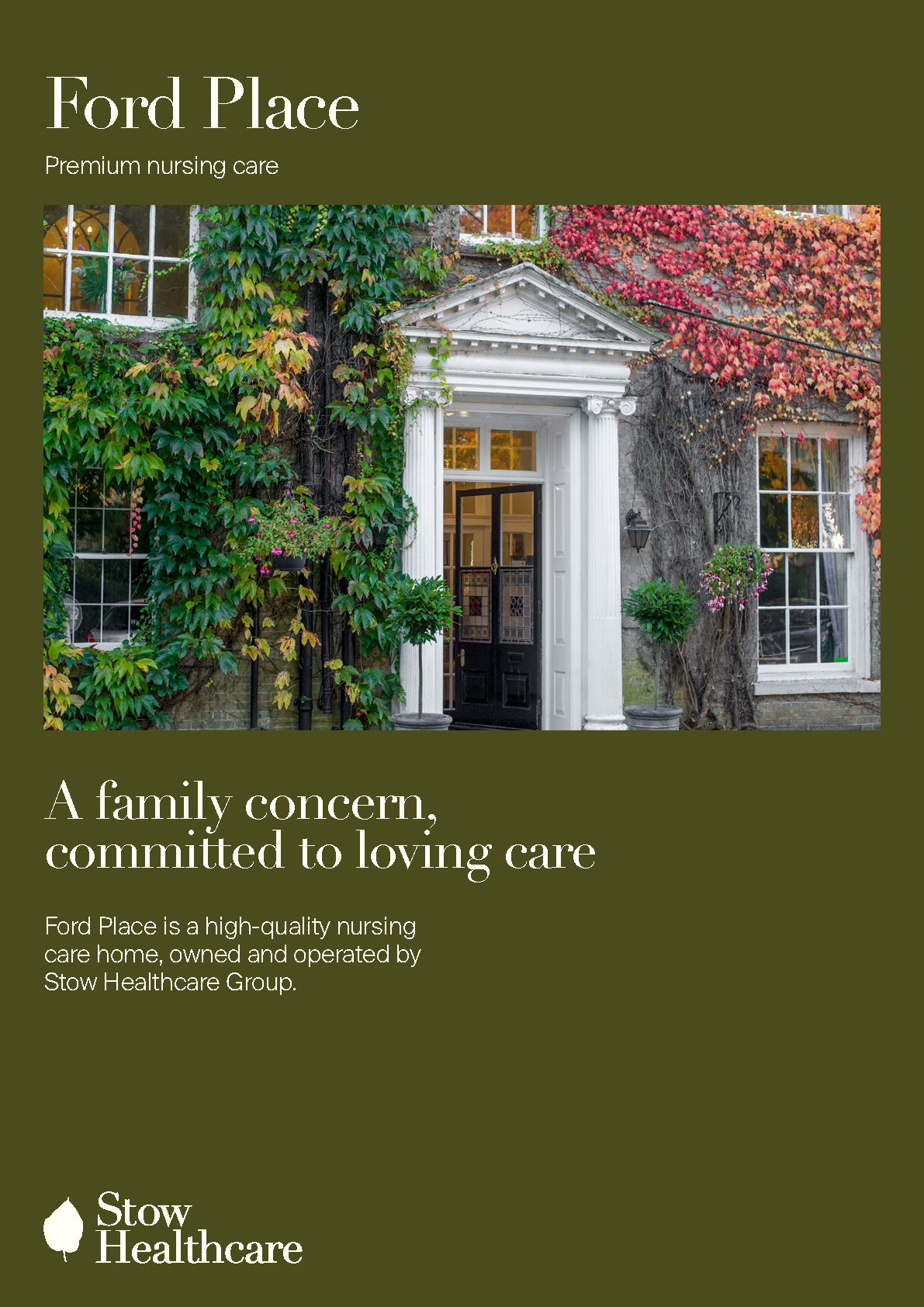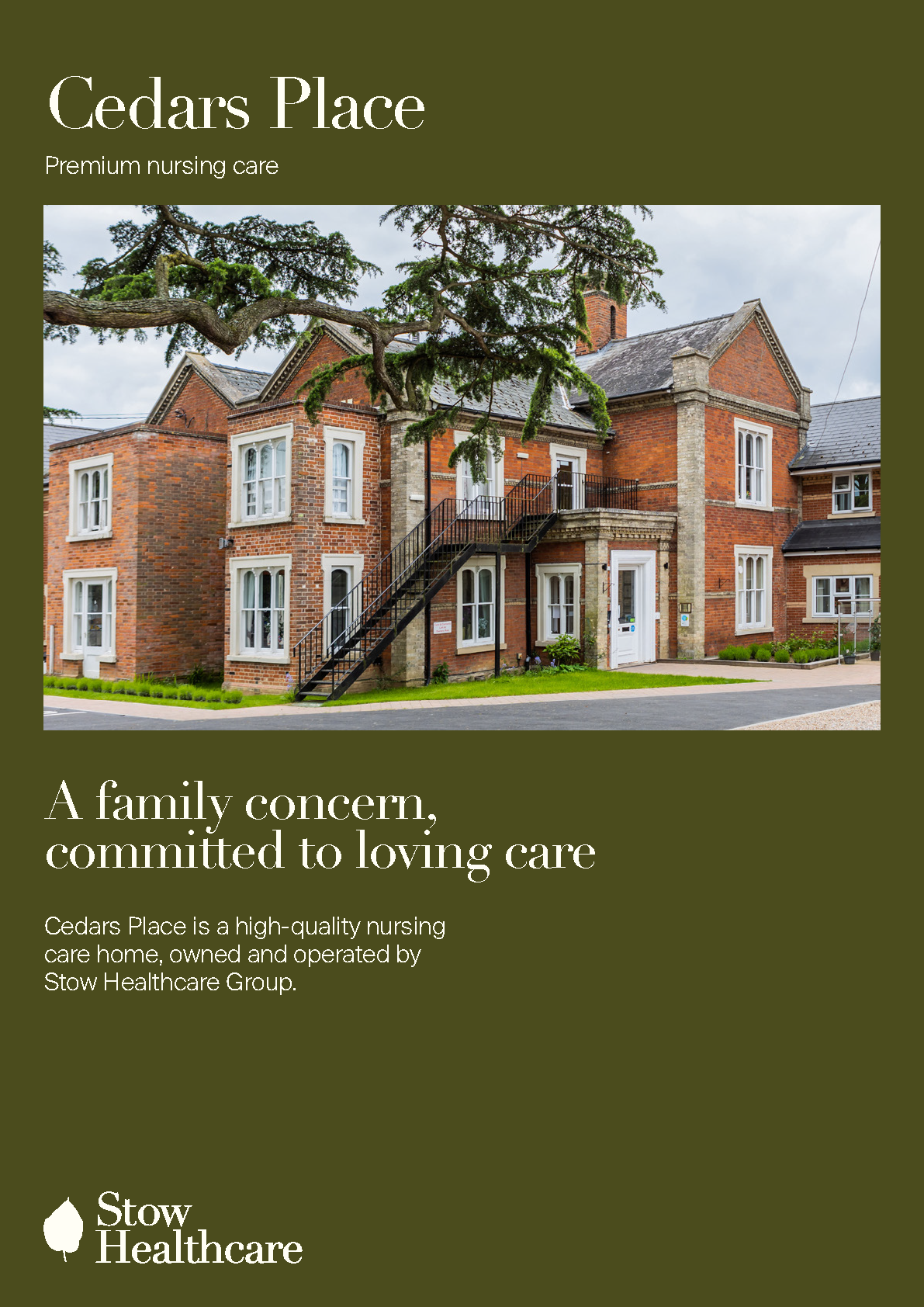Switching to decaf could save NHS £85m per year, care home trial suggests
In a first-of-its-kind trial, local care home residents were offered decaffeinated hot drinks in a bid to reduce falls experienced rushing to the toilet.
Conducted across eight East Anglian care homes over six months, the simple switch resulted in a 35% reduction in toileting-related falls. If scaled across the sector, the results would mean thousands of falls prevented and NHS savings of up to £85m per year.
This is according to a joint report published today by Bury St Edmunds based Stow Healthcare, Care England and University Hospitals of Leicester NHS Trust (UHL).
The trial followed a similar initiative by UHL in 2021. Noticing that many hospital patients were falling on the way to the toilet, Continence Nurse Specialist Sarah Coombes suggested switching to decaffeinated drinks to reduce bladder and bowel urgency in those with an overactive bladder or incontinence. Within three months, toileting-related falls in the hospital were down by 30%.
Falls are the most common cause of injury-related deaths in people over the age of 75. People living in care homes are three times more likely to fall than those living at home; they are generally more frail, less mobile and have a higher prevalence of incontinence than the general population.
Recognising this, Stow Healthcare and Care England sought to trial the initiative in a residential care home setting.
Roughly 300 residents across Stow Healthcare’s eight care homes were given the chance to blind taste-test caffeinated and decaffeinated drinks. Over 90% of residents chose to take part in the trial after being told about the potential health benefits of making the switch, with the choice of caffeine always available on request.
Over six months between June – November 2023, falls associated with care home residents going to the toilet dropped by 35%.
With fragility fractures in social care estimated to cost the NHS £1.1bn per year, replicating these results across the sector could save £85m per year in prevented falls and hospital admissions. That’s not to mention the thousands of lives which would be positively impacted.
Residents, staff and families at Stow Healthcare’s facilities have described the “huge difference” made by switching to decaf and pride in being a part of the trailblazing trial.
The report authors describe the simple switch as “ground breaking” and are now encouraging other care providers to “give decaf a go!”
To read the full report, and find out how you can switch to decaf, visit: https://stowhealthcare.co.uk/the-decaf-project/
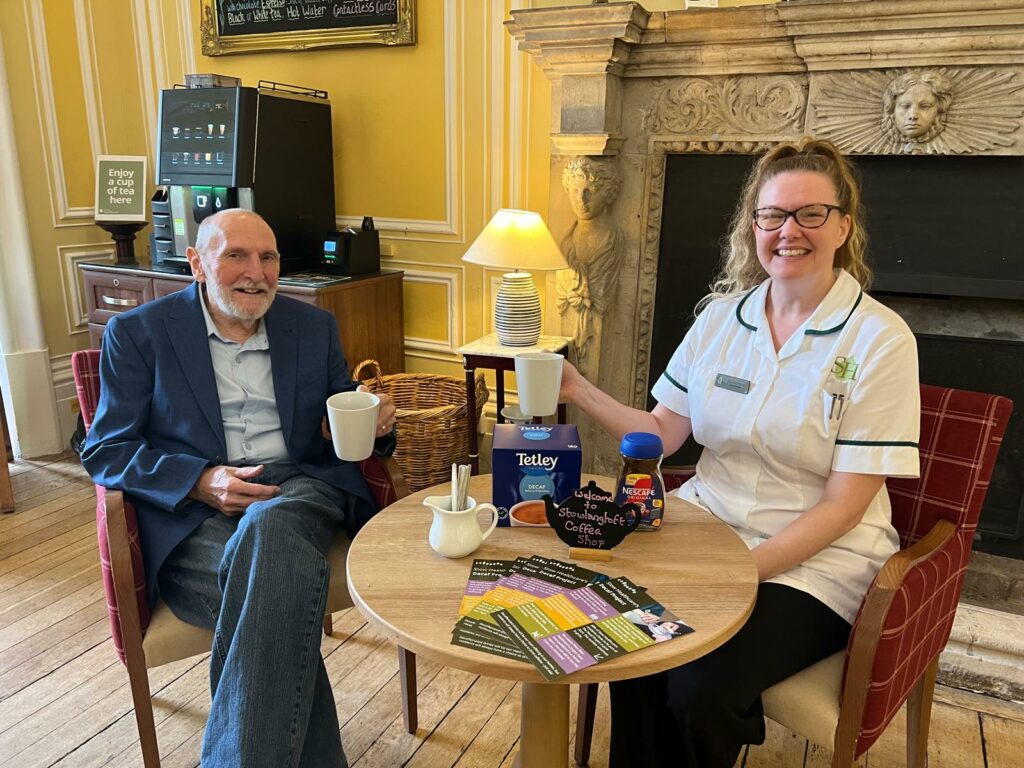
Pictured: Bob Leese, Resident at Cedars Place and Michelle French, Nursing Deputy Manager at Cedars Place
Ruth French, Director at Stow Healthcare, said:
“The decaf project has been eye-opening for all of us at Stow Healthcare. Our residents and staff have been fully engaged in this project from the moment we launched. To achieve a falls reduction of 35% connected to going to the loo is a significant finding for us all in social care. The impact of a serious fall can have devastating consequences, and finding simple ways such as decaf drinks that might reduce this risk is ground-breaking. We hope it will inspire everyone in social care to take up the challenge!”
Professor Martin Green OBE, Chief Executive at Care England, said:
“Falls have a detrimental impact on thousands of older people every year, not to mention the knock- on cost to the NHS. When we first heard about the results of UHL’s decaf trial in a hospital setting, the potential benefits for social care were immediately clear. For such a simple, cost-neutral solution to have such a profound impact is extraordinary. With a huge national focus on reducing pressure on the NHS, this pioneering trial demonstrates that simple solutions can help address enormous challenges. Care England is delighted to have been involved in this project and would encourage care providers across the country to give decaf a go!”
Sarah Coombes, Continence Nurse Specialist at University Hospitals of Leicester NHS Trust, said:
“Ever since implementing the original ‘Taste the Difference Challenge’ at UHL, my dream has been to see it rolled out nationally and into the community setting. Our hospital trial resulted in a 30% reduction in falls linked to toileting, and it is fantastic to see those results replicated in social care. I hope that this will inspire other care providers to follow suit and to promote this simple change to improve patients’ continence and reduce the risk of falls.“
Jo Churchill, MP for Bury St Edmunds said:
“Stow Healthcare told me about taking part in this amazing trial when I visited them a couple of months ago. The trial has been shown to reduce falls amongst older people by simply switching to decaffeinated drinks. With an impressive 90% of residents taking part voluntarily and such positive results, this really could be a game changer. If the trial was rolled out on a wider scale over £1 billion could be saved, but mostly all the pain and suffering of an individual having the fall could be avoided. I hope the other healthcare settings will follow this simple idea to reduce falls. Once again well done to Ruth, Alex and the whole team at Stow Healthcare.”
Andrew Selous MP, Chair of the APPG on Bladder and Bowel Continence Care, said:
“The findings from Care England, Stow Healthcare and UHL’s decaffeination trial are extremely encouraging. At a time when our NHS and social care system are facing real pressure, decaffeination appears to have emerged as a solution hidden in plain sight. The APPG on Bladder and Bowel Continence Care is committed to finding wholistic solutions to support people with continence issues to live well and this initiative represents exactly that. We now need to look at how these findings can be expanded to deliver positive outcomes for people nationwide.”
Brett Grimshaw, Director of Non-Grocery Sales at Tata Consumer Products, said:
“We were pleased to be able to support Care England, Stow Healthcare and UHL with this trial. Whether in a care setting or our own homes, a choice of different teas and herbal infusions brings variety and enjoyment to the task of keeping hydrated.”
Nadia Roberts, Brand Manager at NESCAFÉ B2B by Nestlé Professional, said:
“We are delighted to have played our part in this innovative trial by supplying decaffeinated coffee to Stow Healthcare’s services.”


